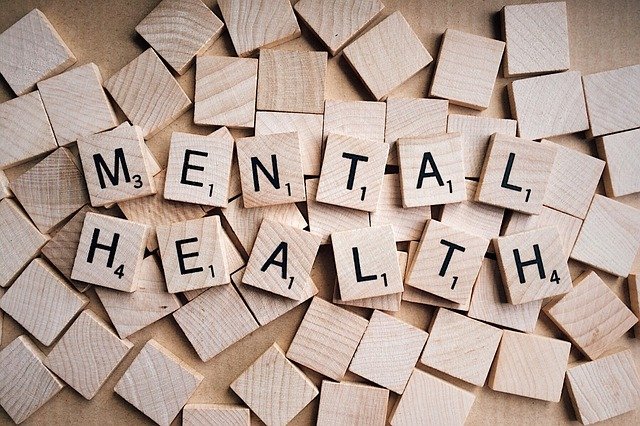How teachers can help tackle children’s mental health crisis

Over 75% of children unable to access mental health therapy in the UK (@mableTherapy)
Referrals to mental health services for children and young people have been on the rise for years – but since the start of the pandemic, the amount of youngsters seeking mental health support has been unparalleled. This came at a time when the NHS was already struggling to meet the demand for services, with waiting times for the Children and Adolescent Mental Health Service (CAMHS) leaving many children and teenagers waiting not just weeks, but months to years, even pre-pandemic.
A report by the Children’s Commissioner in January this year showed that the number of cases of young people with clinically significant mental health conditions was 50% higher than three years before with 1 in 6 children said to have a probable mental health condition.
Yet in the face of such staggering statistics, the Mental Health Foundation reports over 75% of children and young people are unable to access support. This is a shocking statistic, especially considering that the Local Government Association, Public Health England, and an NHS Trust, have previously stated that around half of mental health conditions begin before the age of 14.
This raises the question of, how can we help our children, when accessing vital services on the NHS appears to be out of the picture for many?
Helen Spiers, Head of Counselling at Mable Therapy, a specialist online therapy service for children and young people, commented:
“The number of children and young people coming to our service desperately seeking support was already increasing. The pandemic has only exacerbated this and we have families coming to us who have waited months or even years waiting for treatment on the NHS, many can’t even get on a waiting list. This is really shocking considering that early treatment is crucial to try and prevent mental health conditions reaching devastating mental health crises and long-term problems going into adulthood.”
A survey carried out by the children’s mental health charity, YoungMinds showed that 76% of parents said that their child’s mental health had deteriorated while waiting for support from CAMHS. Another survey by YoungMinds also found that 67% of young people would prefer to access mental health support without visiting their GP.
Elliot Agro, Co-Founder and Director at Mable Therapy added:
“Mable Therapy was set up in 2015 with a mission to provide the vital care children need, in a way that many children are more comfortable with, interacting via our virtual platform from their familiar surroundings. We also provide support to families and schools. Our team of over 30 specialist counsellors provide dedicated one on one support- and because of the size of our team and virtual operation, we can keep our waiting times to a minimum of 48 hours.”
Helen Spiers added:
“There are many reasons why children and young people develop mental health conditions. Some children may be genetically predisposed or suffer from another condition that has a knock-on effect on their mental wellbeing. Children taking on adult responsibilities or children who experience traumatic events, such as bullying, abuse, moving schools, death of a loved one; or experience difficult situations such as a breakdown in family relationships, poverty, homelessness and struggling with a certain aspect(s) at school or being discriminated against are all common triggers we see in young people suffering from mental health conditions.
“Being aware of potential triggers, and understanding how to identify signs of a mental health condition can help parents, teachers etc to support children when they might need it most. Encouraging children to talk in a quiet environment they’re comfortable in, helping children to establish good routines, ensuring they socialise and stay healthy physically can all help our children look after their mental wellbeing.”
Some of the most common mental health conditions in young people are depression and anxiety disorders, self-harm, eating disorders and PTSD. Improving awareness of mental health conditions may help us to better support children, young people and adults suffering. This could help know when to seek support from specialist services, as many people who suffer poor mental health, may not confide in those closest to them, or specialists until their condition has deteriorated to a point they feel they cannot cope.












Responses